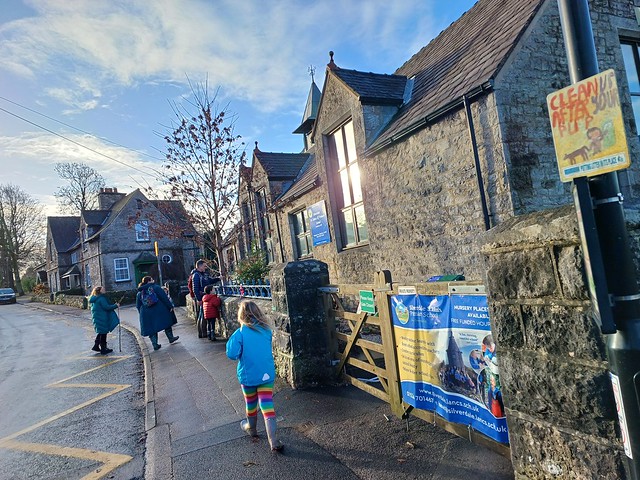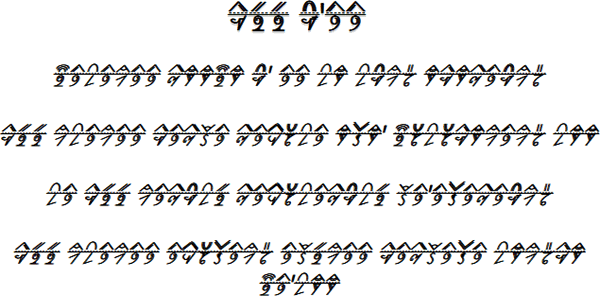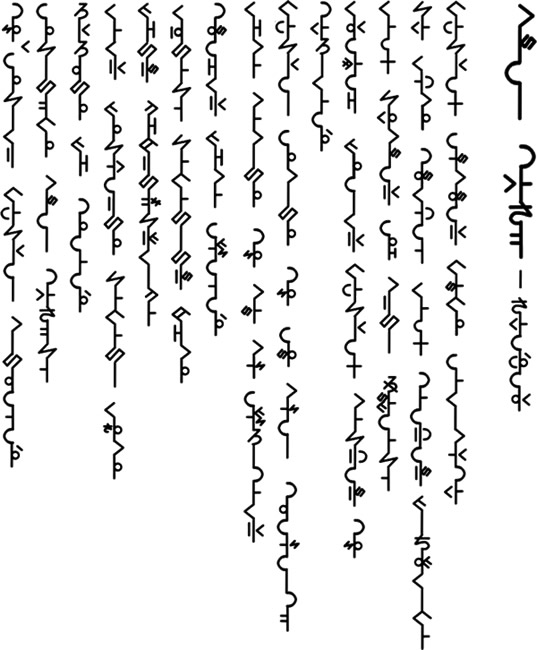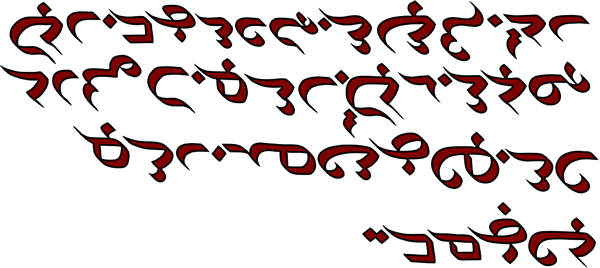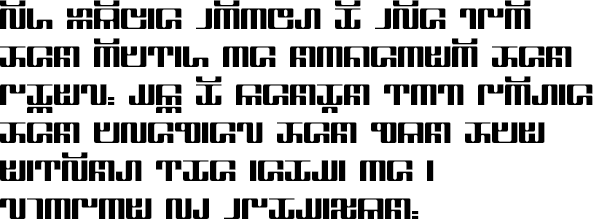Podcast: Play in new window | Download
Here’s the latest news for the last two weeks from the world of Omniglot.
There are new language pages about:
- Cheke Holo, an Oceanic language spoken on Santa Isabel Island in Isabel Province of the Solomon Islands
- Isoko, a Southwestern Edoid language spoken in Delta State in southern Nigeria.
- Tigak, a Western Oceanic language spoken in New Ireland Province of Papua New Guinea.
- Urhobo, a Southwestern Edoid language spoken in the states of Delta, Bayelsa and Edo in southern Nigeria.
New adapted script: Hokkien Imji / 漳泉音字 (쟝좐ˆ임찌), which is a why to write Hokkien with the Korean Hangeul script created by Lee Chun Hoe.
![]()
New adapated script: Ko Āwherika Māori (ꗛ ꕉ:ꗱꔸꕪ ꕮ:ꖺꔸ), a way to write Māori with the Vai script devised by Xavier Merica.
ꗛ ꗳ ꕪꗋꕉ ꖺ ꕋ ꕚꕋꕚ ꔤ ꗳ ꕘꕯꖕꕋꕚꕋ ꕮꔤ ꗡ ꕎꗳꕉ ꕉꕯ ꔤ ꕋ ꗤꗸ ꕪꗋꕉ; ꗡ ꕚꖕꔸꗳꔸꗳ ꕉꕯ ꖽꕃ ꕋ ꕮꕯ ꘈ ꕋ ꔳꕪ. ꗡ ꕘꕪꔱꔱꕉ ꕉꕯ ꖽꕃ ꕃ ꕉ ꕟꗋꖕ ꗳ ꕋꕪꖕ ꕘꔤ ꕘꕪꕉꗐ ꘈ ꗳ ꔦꘉꕋꗐ ꗞꔦꖺ ꕃ ꗳ ꔳꕪ ꘈ ꗳ ꗤ, ꕉ ꗡ ꔳꕪ ꕉꕯ ꕃꕉ ꘈꔤꕋ ꗳ ꕮꔦ ꕉ ꗳꕚꔦ ꘈ ꕮ ꗐꗋ ꕉꖤ ꔤ ꗳ ꕎꔤꖩꕉ ꖺ ꗳ ꗟꖽ ꕚꔦ, ꕉꗟ ꗤ ꗳꔤꕯ ꗤ ꖤꕉꕪꕯ ꔤ ꔸꕋ ꔤ ꗳ ꕘꕪꕉꗐ ꗛꕚꔦ.
There are new numbers pages in:
- Kara, an Oceanic language spoken in the Kavieng District of New Ireland Province in Papua New Guinea.
- Cheke Holo, an Oceanic language spoken on Santa Isabel Island in Isabel Province of the Solomon Islands
- Isoko, a Southwestern Edoid language spoken in Delta State in southern Nigeria.
- Tigak, a Western Oceanic language spoken in New Ireland Province of Papua New Guinea.
- Papapana, a Western Oceanic language spoken in Bougainville Province in Papua New Guinea.
- Urhobo, a Southwestern Edoid language spoken in the states of Delta, Bayelsa and Edo in southern Nigeria.
New Tower of Babel translations: Aruamu, Gapapaiwa and Urhobo.
On the Omniglot blog there are posts entitled Seeding Discord, Eve and Werifesteria, and there’s the usual Language Quiz. See if you can guess what language this is:
Here’s a clue: this is language was spoken in parts of the USA and Canada, and is currently being revived.
Here are the answers to last week’s Christmas quiz:
- Japan – this tradtion started as a result of a festive marketing campaign by KFC in 1974
- Venezuela, specifically in Caracas, the capital
- Sweden – the Yule Goat (Julbock) tradition goes back to at least the 11th century.
Source: https://www.holidayextras.com/travel-blog/wanderlust/unusual-christmas-traditions.html
The mystery language in the previous week’s language quiz was Isoko, an Edoid language spoken in Delta State in the south of Nigeria.
In this week’s Adventure in Etymology we investigate the origins of the words Amok and Havoc.
On the Celtiadur blog there’s a post about words for Magic and Spells and related things in Celtic languages. I also made improvements to posts on the Celtiadur about words for Fresh & New and Years.
In other news, I spent Christmas with my family in Lancashire in the northwest of England. It was the first we had all been together in the same place for over 3 years, and was fun. I noticed that my Russian sister-in-law often speaks Russian to her children, but they usually reply in English. My nine-year-old niece understands everything and sometimes speaks Russian, but my six-year-old nephew doesn’t seem to understand as much and rarely if ever speaks Russian.
A Multilingual Happy New Year to you all!
For more Omniglot News see:
https://www.omniglot.com/news/
https://twitter.com/Omniglossia
https://www.facebook.com/groups/omniglot/
https://www.facebook.com/Omniglot-100430558332117
You can also listen to this podcast on: Apple Podcasts, Amazon Music, Stitcher, TuneIn, Podchaser, PlayerFM or podtail.
If you would like to support this podcast, you can make a donation via PayPal or Patreon, or contribute to Omniglot in other ways.

